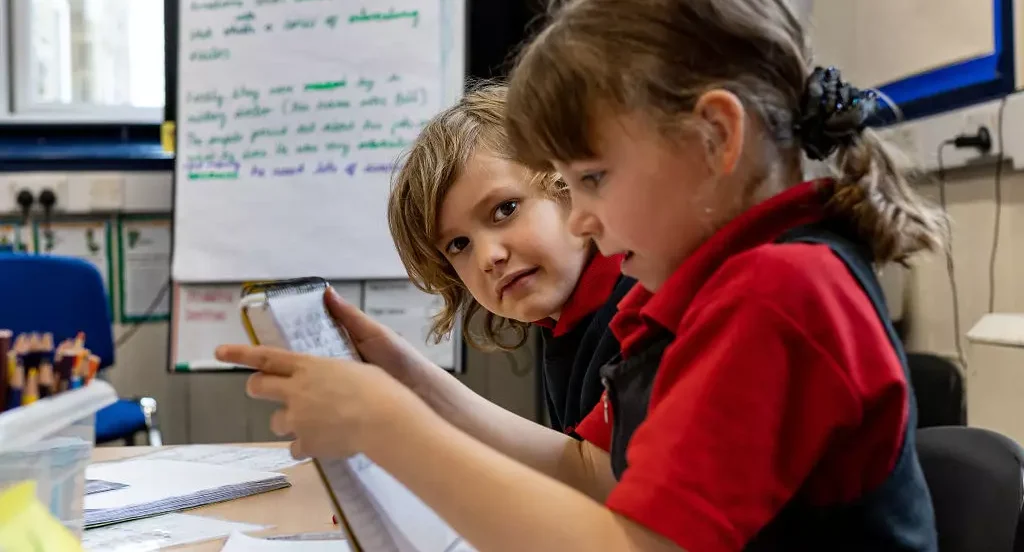By the end of Year 6, we intend for our children to be enthusiastic, articulate and imaginative communicators, proficient in expressing themselves in various forms and for different purposes. We see it as imperative for children to reach their full potential in writing, a life-skill that will serve them throughout any future career they may seek or any path they may choose to follow in life; their ability to achieve this rests on their skills and understanding in transcription, composition, oracy and grammar, punctuation & spelling, fundamental pillars of the English language. It is essential that our teaching and curriculum develops pupils’ competence in these areas and that we strive as educators to provide children with the opportunity to write for a range of purposes, forms and audiences and across the curriculum to help ensure their writing is relevant and purposeful.
Through careful planning, we seek to provide the children with a platform to take ownership of their writing, completing an enjoyable and interesting process which provides them with the opportunities to explore existing texts; share their ideas through speaking and listening activities; plan for structure, content and vocabulary; work collaboratively with peers and adults to develop their writing; and work independently to produce a piece of writing in which they can see a clear and meaningful purpose. Writing is an ever-evolving skill and we encourage children to edit and improve their work often, forever striving to produce their best work.
Writing, much like reading, another key driver in our curriculum, provides children with the opportunity to let their imaginations run free and transport them to other worlds in a way in which no other subject can match. It is our job to nurture and encourage this and ensure children are provided with rich and plentiful opportunities to express themselves through their writing. Our curriculum seeks to excite, engage and enthuse children whilst simultaneously providing them with the skills required to reach their full potential in writing.
The English subject leader is Gavin Cope.
For further information regarding the different aspects of our English curriculum, please click on the links below.
